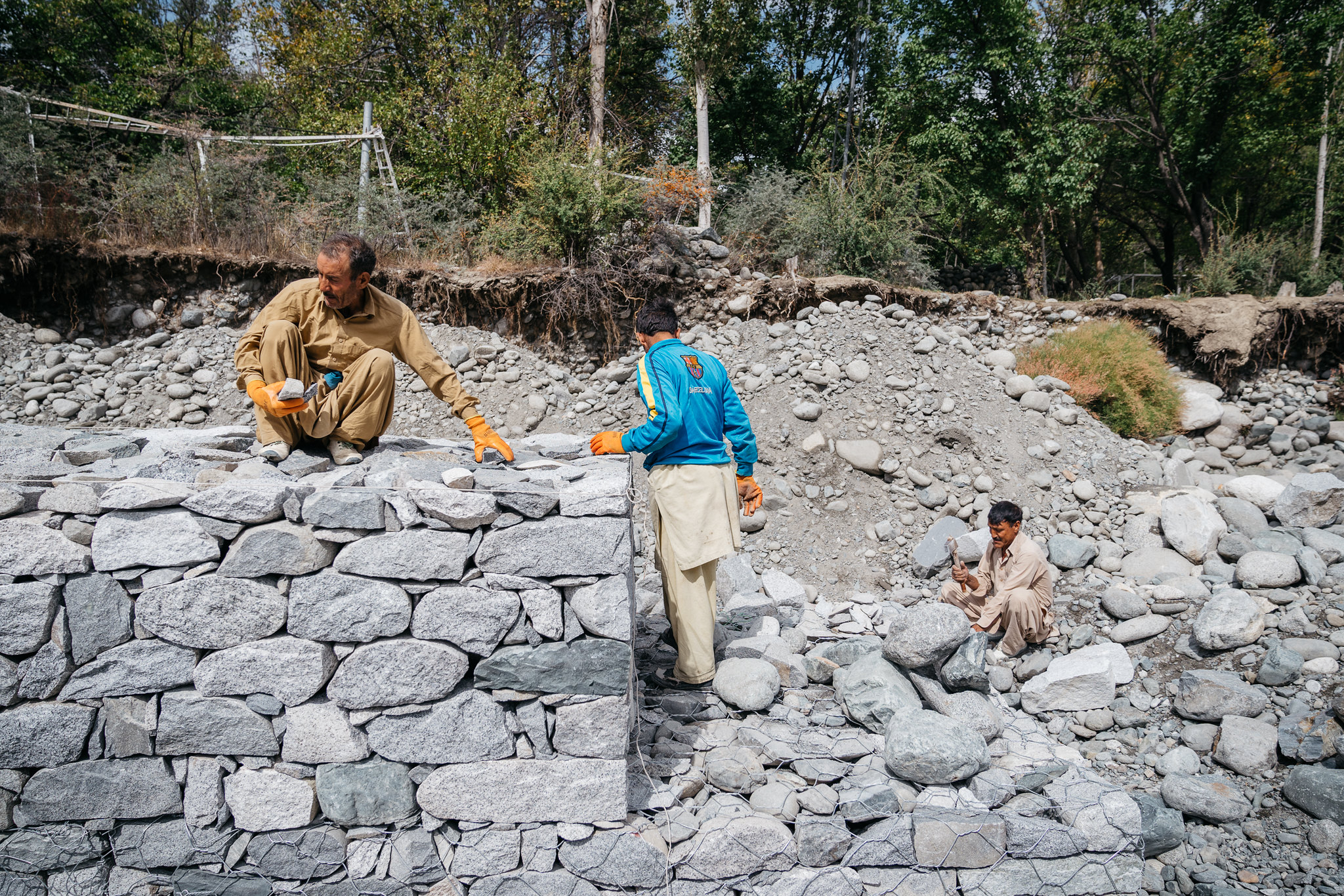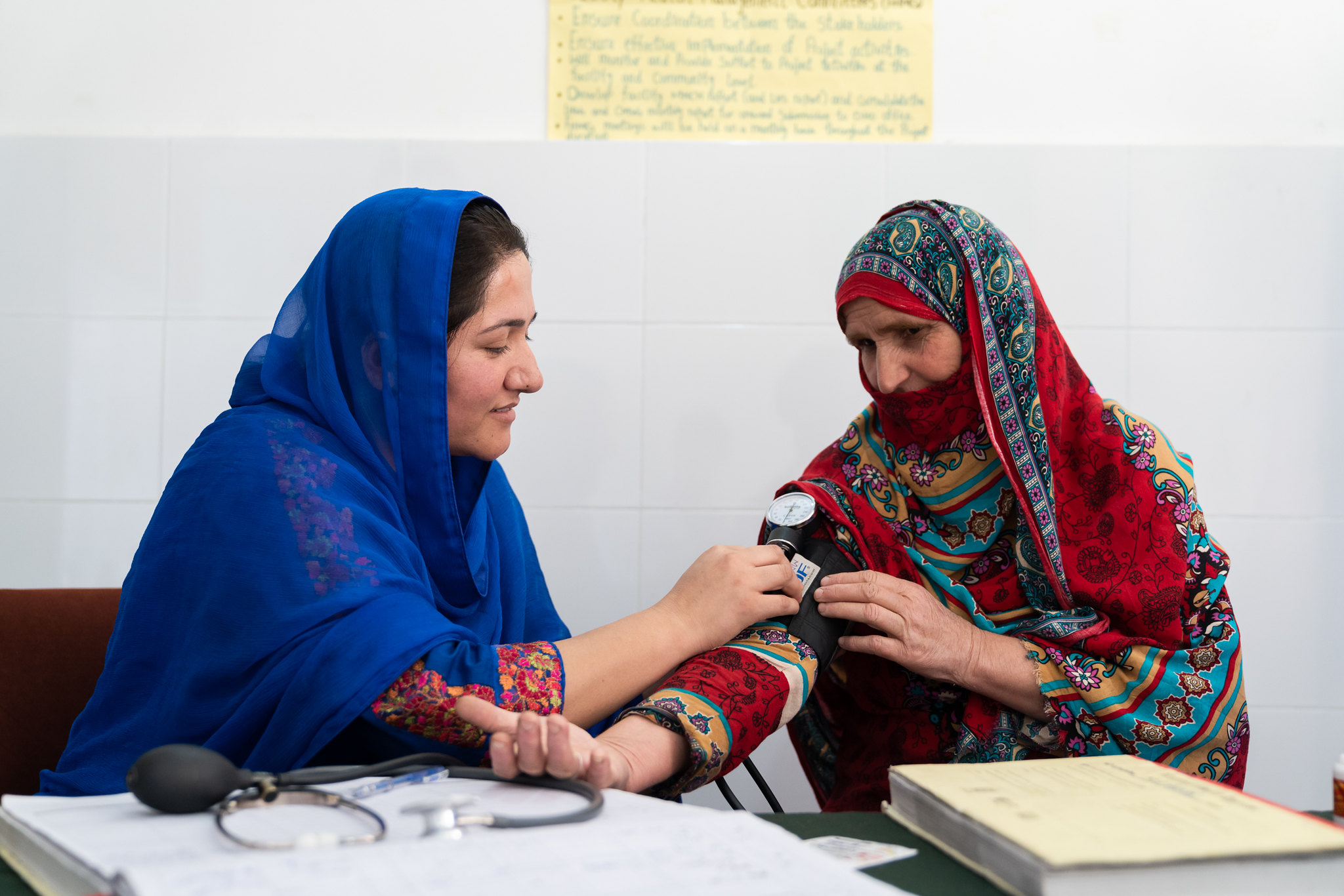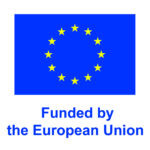The Aga Khan Foundation (AKF) and Aga Khan Agency for Habitat (AKAH) have launched a new programme with the European Union (EU) that will reach 74,000 people in four districts of Gilgit-Baltistan: Diamer, Astore, Karmang and Shigar.
The programme will enable communities and health authorities to anticipate and respond to natural hazards and emergencies including COVID-19. To be implemented by AKAH, Pakistan, the 18-month project will address the immediate needs of at-risk communities by building knowledge, systems, and capacity at the institutional and community levels.
The programme targets 30 villages through a community driven approach. To enhance community disaster preparedness, AKAH will form and train Village Disaster Risk Management Committees and first responder teams; develop Village Disaster Risk Management Plans to enable communities to take pre-emptive measures to protect themselves and their assets; and preposition stockpiles of emergency supplies in the most vulnerable and remote locations.
At the institutional level, AKF and AKAH will strengthen the physical and personnel asset base at seven Tehsil Headquarter hospitals by building capacities of health staff and first responders using integrated training modules on emergency preparedness, response, and management; conducting mass casualty management planning; providing medical first responder kits; and rehabilitating water and sanitation facilities to ensure adequate functionality in the case of mass casualty incidents. The project will directly benefit 74,000 people (48% female), including local communities, vulnerable groups, and health workers.

In his remarks, Akhtar Iqbal, Chief Executive Officer, AKF Pakistan, stated that:
“This project will build on a long-standing partnership between the Aga Khan Foundation and the EU to address humanitarian needs in vulnerable and remote communities in Pakistan.”
He went on to say that the partnership will allow AKF and AKAH “to strengthen disaster resilience at the grassroots by developing local understanding of disaster preparedness and ownership of community-anchored coping strategies. This, in turn, will be complemented with a targeted effort to strengthen the ability of our institutions, particularly the health system, to respond to disasters. We hope that this project will contribute positively towards furthering the Government of Pakistan’s development agenda on climate action”.
Talking about the joint partnership, Nawab Ali Khan, Chief Executive Officer, AKAH Pakistan, said that “this partnership will help save lives through well-planned early adaptation actions thereby enhancing the resilience of at-risk communities and relevant authorities in four highly vulnerable districts of Gilgit-Baltistan. Risk mapping and village disaster risk management planning activities will help reduce disaster risk and advance broader habitat planning in the years to come”.
The project will complement an existing partnership between agencies of AKDN and EU that was designed to respond to COVID-19 in Gilgit-Baltistan and Chitral.

This update was originally published on AKDN’s website here. For further information, please contact Mehar Aftab Salma, Communications Coordinator, AKAH Islamabad, at: mehar.aftab@akdn.org


Funded by the European Union. Views and opinions expressed are however those of the author(s) only and do not necessarily reflect those of the European Union. Neither the European Union nor the granting authority can be held responsible for them.




